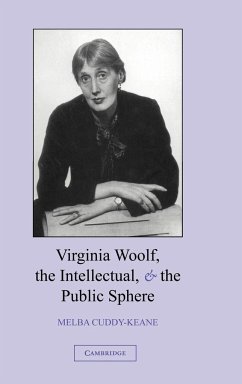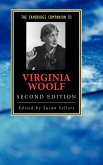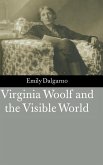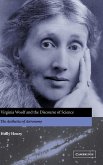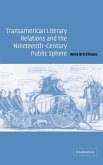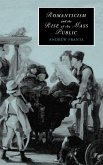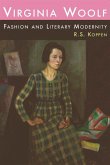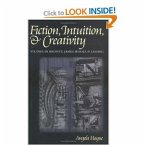Short description/annotation
Cuddy-Keane relates Woolf's literary reviews and essays to early twentieth-century debates about the value of 'highbrow' culture.
Main description
Virginia Woolf, the Intellectual, and the Public Sphere relates Woolf's literary reviews and essays to early twentieth-century debates about the value of 'highbrow' culture, the methods of instruction in universities and adult education, and the importance of an educated public for the realization of democratic goals. By focusing on Woolf's theories and practice of reading, Melba Cuddy-Keane refutes assumptions about Woolf's modernist elitism, revealing instead a writer who was pedagogically oriented, publicly engaged and committed to the ideal of classless intellectuals working together in reciprocal exchange. Woolf emerges as a stimulating theorist of the unconscious, of dialogic reading, of historicist criticism and of value judgments, while her theoretically informed but accessible prose challenges us to reflect on academic writing today. Combining a wealth of historical detail with a penetrating analysis of Woolf's essays, this study will alter our views of Woolf, of modernism and of intellectual work.
Table of contents:
Acknowledgments; List of abbreviations; Introduction: a wider sphere; Part I. Cultural Contexts: 1. Democratic highbrow: Woolf and the classless intellectual; 2. Woolf, English studies and the making of the (new) common reader; Part II. Critical Practice: 3. Woolf and the theory and pedagogy of reading; Postscript: intellectual work today; Notes; Bibliography; Index.
Cuddy-Keane relates Woolf's literary reviews and essays to early twentieth-century debates about the value of 'highbrow' culture.
Main description
Virginia Woolf, the Intellectual, and the Public Sphere relates Woolf's literary reviews and essays to early twentieth-century debates about the value of 'highbrow' culture, the methods of instruction in universities and adult education, and the importance of an educated public for the realization of democratic goals. By focusing on Woolf's theories and practice of reading, Melba Cuddy-Keane refutes assumptions about Woolf's modernist elitism, revealing instead a writer who was pedagogically oriented, publicly engaged and committed to the ideal of classless intellectuals working together in reciprocal exchange. Woolf emerges as a stimulating theorist of the unconscious, of dialogic reading, of historicist criticism and of value judgments, while her theoretically informed but accessible prose challenges us to reflect on academic writing today. Combining a wealth of historical detail with a penetrating analysis of Woolf's essays, this study will alter our views of Woolf, of modernism and of intellectual work.
Table of contents:
Acknowledgments; List of abbreviations; Introduction: a wider sphere; Part I. Cultural Contexts: 1. Democratic highbrow: Woolf and the classless intellectual; 2. Woolf, English studies and the making of the (new) common reader; Part II. Critical Practice: 3. Woolf and the theory and pedagogy of reading; Postscript: intellectual work today; Notes; Bibliography; Index.

